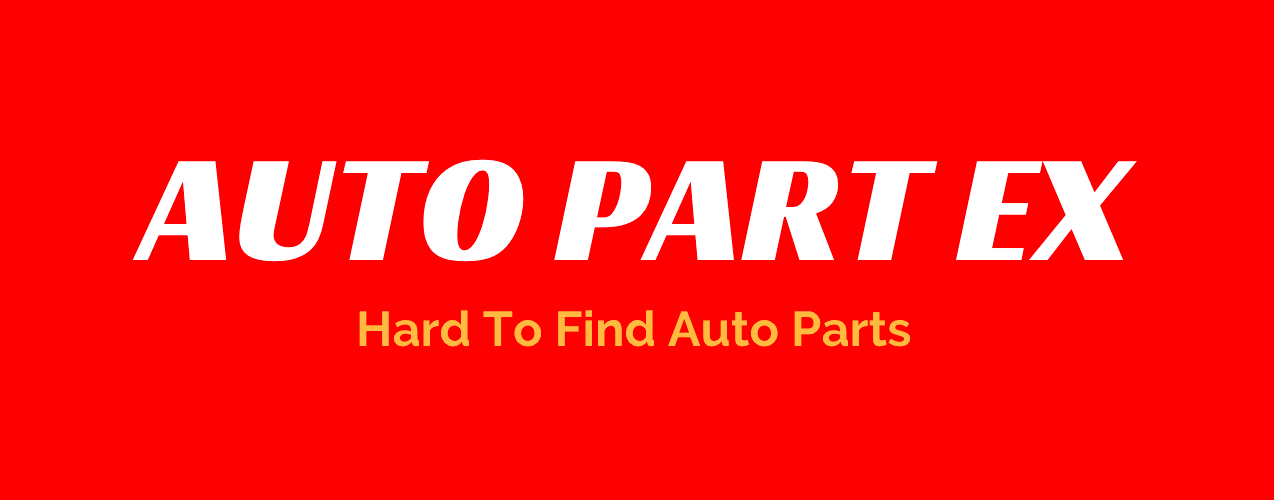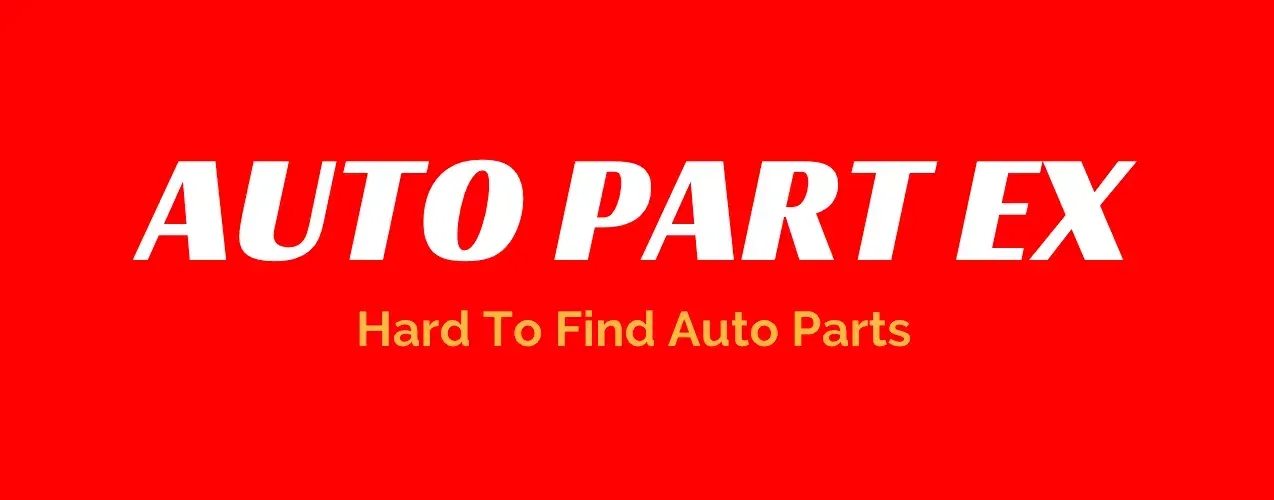Air Box Cleaner
Air box cleaners and air box assemblies are crucial components of your vehicle's intake system. They play a significant role in ensuring that your engine receives clean, debris-free air, which is essential for optimal combustion. Proper functioning of these components can enhance the overall performance and longevity of your vehicle. Neglecting air box maintenance can lead to reduced fuel efficiency, increased emissions, and potential engine damage. Regular maintenance of your air box cleaner can lead to numerous benefits, such as improved fuel efficiency, better engine performance, and a longer lifespan for your vehicle. By ensuring that your engine receives a steady supply of clean air, you can maximize its efficiency and minimize wear and tear on internal components. Additionally, maintaining a clean air box can help reduce harmful emissions, contributing to a cleaner environment.
OEM Automotive Air Box Cleaner
OEM Air Box Cleaner By Model Vehicle
Find your car manufacturer and or model vehicle you need to find an air box cleaner below. We have majority of the automobile listed here to help you locate or narrow down your search. If for any reason you are unable to identify the vehicle you own, please you our instant messenger located to the bottom right of this window. One of our auto part specialist will help you locate the air box cleaner assembly you need.
Learn More About OEM Automotive Air Box Cleaners
Choosing the right air box cleaner for your 1500 model vehicle involves considering several factors, including compatibility with your specific make and model, as well as whether to opt for an OEM (Original Equipment Manufacturer) or aftermarket part. OEM parts are designed to meet the exact specifications of your vehicle, ensuring a perfect fit and optimal performance. However, high-quality aftermarket options can also provide excellent performance at a lower cost. Read more below on how to pic or choose the correct air box assembly for your model car and vehicle:
Common Issues with Automotive Airbox Cleaners
A failing air box cleaner or assembly can manifest in several ways, including reduced engine power, increased fuel consumption, and unusual engine noises. Over time, dirt and debris can clog the air filter, restricting airflow and causing the engine to work harder than necessary. It's crucial to recognize these signs early and take appropriate action to prevent further damage and maintain optimal engine performance.
FAQs about OEM Automotive Airbox Cleaner
How often should I replace my airbox cleaner?
It is generally recommended to replace the airbox cleaner every 12,000 to 15,000 miles, or as specified in your vehicle's owner manual.
Can a dirty airbox cleaner affect my vehicle's performance?
Yes, a clogged airbox cleaner can reduce airflow to the engine, leading to decreased performance, increased fuel consumption, and higher emissions.
What are the benefits of using an OEM airbox cleaner?
OEM airbox cleaners are designed to meet the specific requirements of your vehicle, ensuring a perfect fit and optimal performance.
Is it difficult to replace an airbox cleaner myself?
Replacing an airbox cleaner is generally a straightforward task that can be done with basic tools. However, if you're unsure, it's best to consult a professional.
5 Overlooked Signs Your Car's Air Filter Needs Replacing
1. Strange Engine Noises:
One of the first signs of a dirty or clogged air filter is unusual engine noises. When an air filter becomes clogged, it restricts airflow to the engine, which can cause an imbalance in the air-fuel mixture. This imbalance may result in a popping or coughing sound, especially during acceleration. In more severe cases, you might hear a whistling noise, indicating that the engine is straining to pull in enough air. If you notice these noises, it's a good idea to check your air filter and replace it if necessary.
2. Decreased Acceleration or Power:
A dirty air filter can significantly affect your vehicle's acceleration and overall power. The engine needs a proper balance of air and fuel to function efficiently. When the air filter is clogged, less air reaches the engine, leading to poor combustion and reduced power output. You might notice your car struggling to accelerate, especially on hills or when merging onto highways. Many drivers mistakenly attribute this to other mechanical issues when a simple air filter replacement could resolve the problem
3. Unexpected Engine Odors:
If your vehicle emits unusual odors, particularly a strong smell of fuel, it could be due to a dirty air filter. A clogged filter reduces the amount of air reaching the engine, causing an overly rich fuel mixture. This excess fuel may not burn completely during combustion, leading to the release of unburnt fuel through the exhaust. In some cases, you might also notice a musty smell inside the cabin, which can occur if mold or mildew has built up in the air filter. Regular checks and replacements can help prevent these unpleasant odors and maintain a healthy engine.
4. Poor Fuel Economy:
Many drivers don't realize that a dirty air filter can negatively impact fuel economy. When the air filter is clogged, the engine compensates by consuming more fuel to produce the same amount of power. You might notice you're filling up your gas tank more frequently than usual. According to the Car Care Council, replacing a clogged air filter can improve gas mileage by as much as 10%, depending on your vehicle's make and model. Regularly checking and replacing the air filter ensures that your engine runs efficiently and saves money on fuel in the long run.
5. Frequent Check Engine Light Activation:
A common but often ignored symptom of a dirty air filter is the check engine light coming on. Modern vehicles are equipped with sensors that monitor the air intake system, and when they detect a restriction or imbalance in airflow, they may trigger the check engine light. While this warning light can indicate various issues, it's worth inspecting the air filter as a potential culprit before moving on to more complex diagnostics. Keeping your air filter in good condition can prevent unnecessary trips to the mechanic and reduce the likelihood of engine damage.
While these signs can indicate a need to replace your air filter, regular maintenance checks are the best way to ensure that your air filter and other critical components are in top condition. By catching these symptoms early, you can avoid more severe problems, such as engine damage or costly repairs.
Opt for OEM (Original Equipment Manufacturer) air filters whenever possible, as they are designed to fit your vehicle's specifications perfectly and offer the best protection for your engine. Don't overlook these less obvious signs that your air filter might need replacing. By staying alert to strange engine noises, decreased power, unexpected odors, poor fuel economy, and a frequently illuminated check engine light, you can maintain your vehicle's performance and longevity.
Regularly replacing your air filter is a small investment that can save you from more significant, costly repairs down the road.
DIY vs. Professional Automotive Air Box Cleaner Replacement
The Hidden Risks of DIY Air Box Cleaner Replacement
Many car enthusiasts, especially DIY mechanics, may think that replacing an air box cleaner is a straightforward task. However, modern vehicles are equipped with sensitive components that can complicate the process. It's not just about removing and replacing a filter—there are hidden risks that, if not accounted for, can lead to expensive repairs or even engine damage.
For instance, many are unaware that improper handling of the air intake assembly during the replacement of the air box cleaner can damage nearby components such as air flow sensors, which are often mounted within the air intake system. According to multiple user experiences shared on forums like Car Talk and Mazda Forums, a single misplaced hand or excessive force can break a sensor or deform the housing, leading to unintended performance issues.
Common Pitfalls of DIY Air Box Cleaner Replacement
Even though some may think of air box cleaner replacement as a simple task, these overlooked pitfalls can make it more complex:
- Improper Tooling: Some vehicles, especially premium or performance-oriented models, may require specialized tools to access the air box. Hidden fasteners, clamps, and housings often demand the right torque wrench or specific socket sizes. Using incorrect tools can result in stripped screws or damaged housings, which is a recurring complaint on forums like Bimmerforums (BMW) and ClubLexus.
- Sensor Fragility: As mentioned earlier, the Mass Air Flow (MAF) sensor or intake temperature sensors can be damaged during removal or reinstallation. These sensors are critical for regulating air-to-fuel ratios. Damage or misalignment of these components can cause rough idling, misfires, or even check engine lights, which users on Toyota Nation forums frequently report after attempted DIY air filter replacements.
- Improper Seals and Gaps: A common issue seen in DIY replacements is improper re-sealing of the air box after installing the cleaner. If the seal isn’t tight, unfiltered air can enter the engine, increasing wear and tear on engine components. According to Auto Repair Help forums, this often results in increased wear on piston rings and combustion chambers due to particles entering the system.
How Professionals Mitigate These Risks
While DIY enthusiasts might try to save time and money, professional mechanics have the training and tools to avoid the above risks. They ensure the use of manufacturer-recommended parts, verify sensor alignment, and double-check that all seals are secure to prevent leaks.
Some vehicles require recalibration of the MAF sensor after a new air filter is installed, something many DIYers overlook. On professional automotive forums like iATN (International Automotive Technicians Network), mechanics have pointed out that recalibration or resetting the ECU after installation is critical in certain models to avoid incorrect air-to-fuel mixture calculations.
Additionally, professionals often inspect the surrounding components for signs of wear or cracks in the housing, something DIYers might miss.
OEM Air Box Cleaners vs. Aftermarket Options
Once aware of the potential pitfalls, vehicle owners often face the choice between OEM air box cleaners or aftermarket options. OEM parts are specifically designed for the vehicle, ensuring compatibility and optimal fit. Aftermarket parts, while sometimes cheaper, may not offer the same quality or precise fit. This can result in improper sealing or filtration inefficiencies, which is a frequent point of discussion on many automobile forums.
For instance, users have noted that aftermarket cleaners sometimes require slight modifications to fit properly, which can compromise the air box assembly's integrity over time. Choosing OEM parts can prevent these issues, ensuring longevity and performance.
How to Avoid Costly Mistakes
For vehicle owners, the decision between DIY and professional air box cleaner replacement should be weighed carefully. While DIY can be rewarding and save money, it also poses several risks that could lead to costly mistakes. If you’re unsure about your vehicle's specific requirements, it's always worth consulting a professional.
If you're confident in your abilities and have the right tools, make sure to:
- Research the correct tools for your vehicle model.
- Handle sensors with extreme care.
- Double-check seals to prevent leaks.
When in doubt, professional assistance can ensure the job is done correctly the first time, preserving both your vehicle’s performance and your peace of mind.


